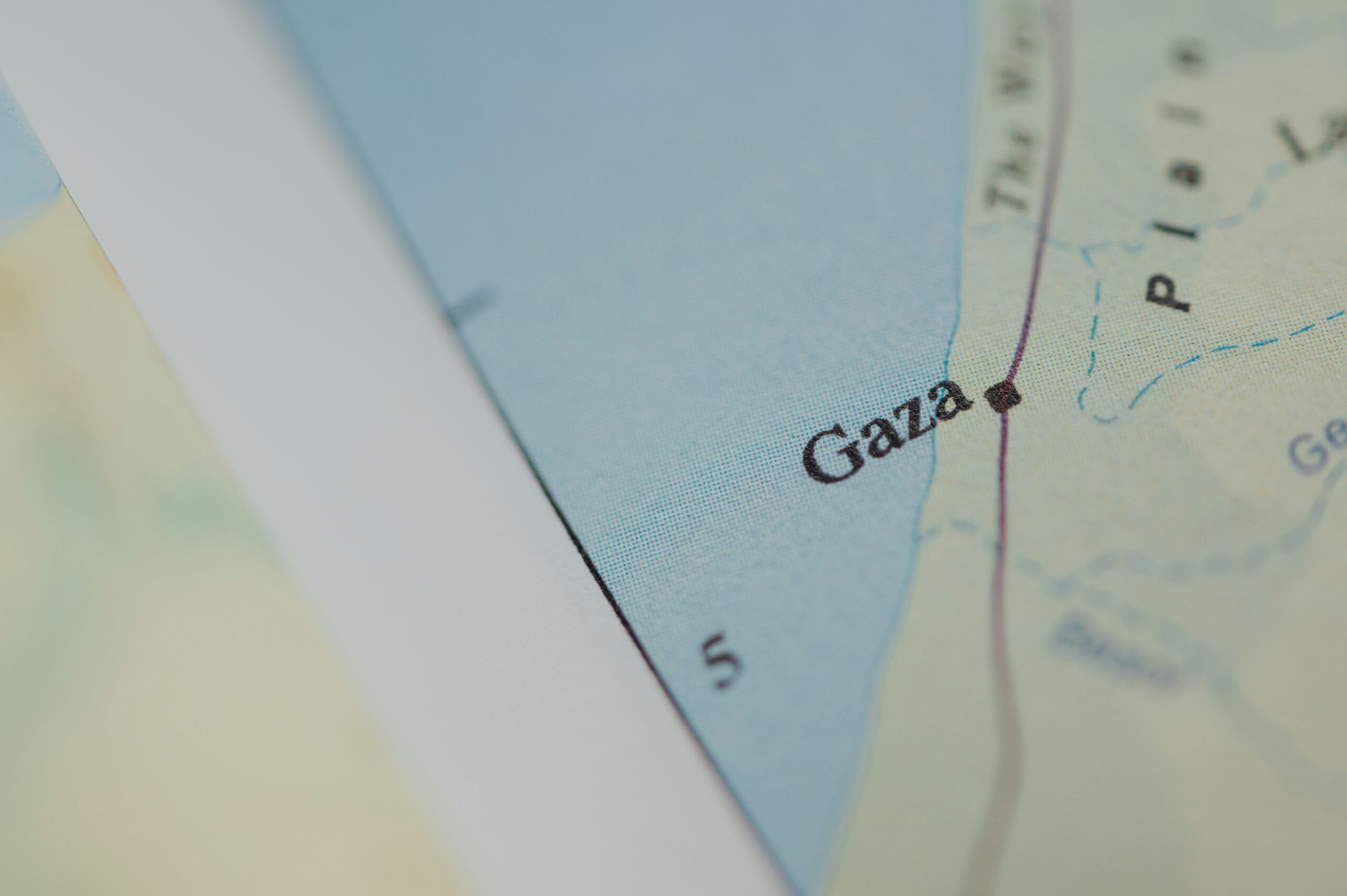January News Briefs
Canada’s Liberal Party leadership race underway
After announcing his resignation from his role as Prime Minister on January 5, the Liberal Party of Canada is looking for its new leader and the country’s twenty-fourth prime minister. Following Justin Trudeau’s resignation, the race for prime minister was narrowed down to five candidates—Mark Carney, Chrystia Freeland, Karina Gould, Frank Baylis, and Ruby Dhalla.
As of January 31, Carney is taking the lead with 63 caucus endorsements, Freeland with 26 and Gould with two. Carney seems to have an edge over Freeland, with data from the Angus Reid Institute indicating that voters will be more favourable to a Carney-led Liberal party than Freeland. However, both must continue to appeal to party members, all while the Conservatives maintain their lead among prospective voters.
Meanwhile, Gould has promised to temporarily cut the federal sales tax on goods and services to four per cent if she succeeds Trudeau as prime minister. Baylis is pursuing what he calls his “prosperity” agenda for Canada” and is hopeful of addressing the cost of living, improving healthcare, and updating the government for greater efficiency. Additionally, Dhalla is focused on standing up for Canadians and has promised to deport illegal immigrants living in Canada. She will also be the first woman of colour to serve as prime minister if she is elected.
The country’s next prime minister and Liberal Party leader will be announced on March 9.
Ceasefire announced between Israel and Hamas
On January 15, a ceasefire deal between Israel and Hamas was announced. After 15 months of war, the ceasefire began four days later on January 19. Brokered after negotiations led by the US, Qatar, and Egypt, the ceasefire will be performed in three separate stages, which have been designed to ensure a smooth and safe transition for all parties.
The first stage is set to last for 42 days, this stage includes a complete ceasefire, accompanied by Hamas’ release of 33 hostages and Israel’s release of approximately 1,900 Palestinian prisoners. Israeli forces will also leave populated areas but remain in Gaza’s Northern borders. Displaced Palestinians will be permitted to return to their residences and significant amounts of aid will be allowed into the region each day.
Sixteen days after the start of stage one, the second stage will mark the establishment of an indefinite ceasefire and will include the complete withdrawal of Israeli forces and continued hostage and prisoner exchanges.
Donald Trump sworn as president yet again
On January 20, Donald Trump was sworn in as the forty-seventh president of the US during his inauguration ceremony. Several notable figures attended the event, including foreign dignitaries, tech giants, Supreme Court justices, celebrities, the outgoing administration, as well as the new Cabinet. TikTok CEO Shou Zi also attended and was seated separately from other tech leaders.
The ceremony marked the first time in the country’s history that foreign leaders were welcomed to a president’s inauguration.
In his first week, Trump signed dozens of executive orders, including ending birthright citizenship and pardons for January 6 rioters. He also ordered the release of classified documents on the assassinations of John F Kennedy, Robert F Kennedy and Martin Luther King Jr. Additionally, he announced a US$500 billion artificial intelligence (AI) infrastructure investment, calling it the “largest AI infrastructure project in history.”
He also reversed an order to regulate and monitor AI risks passed by former President Joe Biden.


